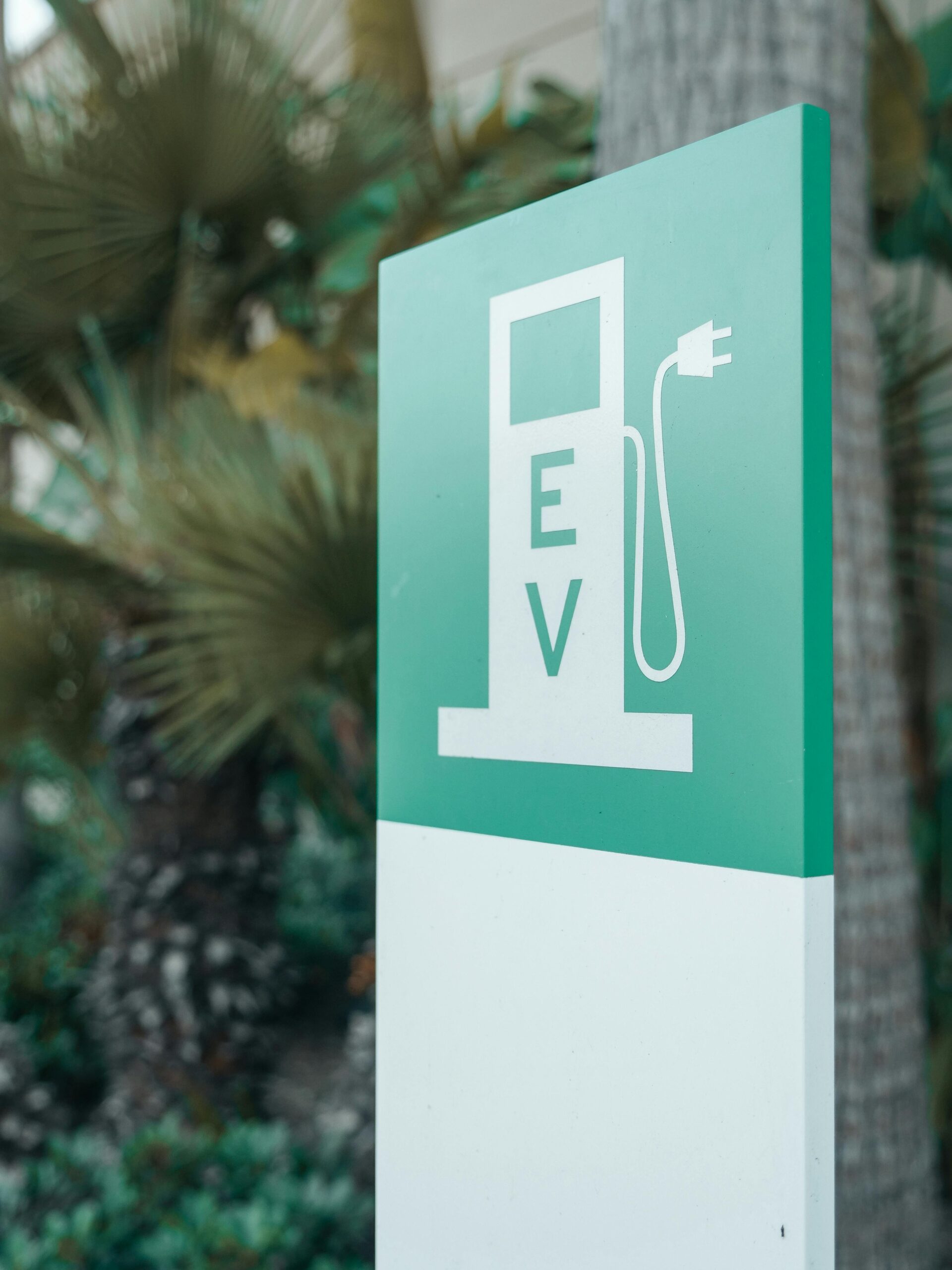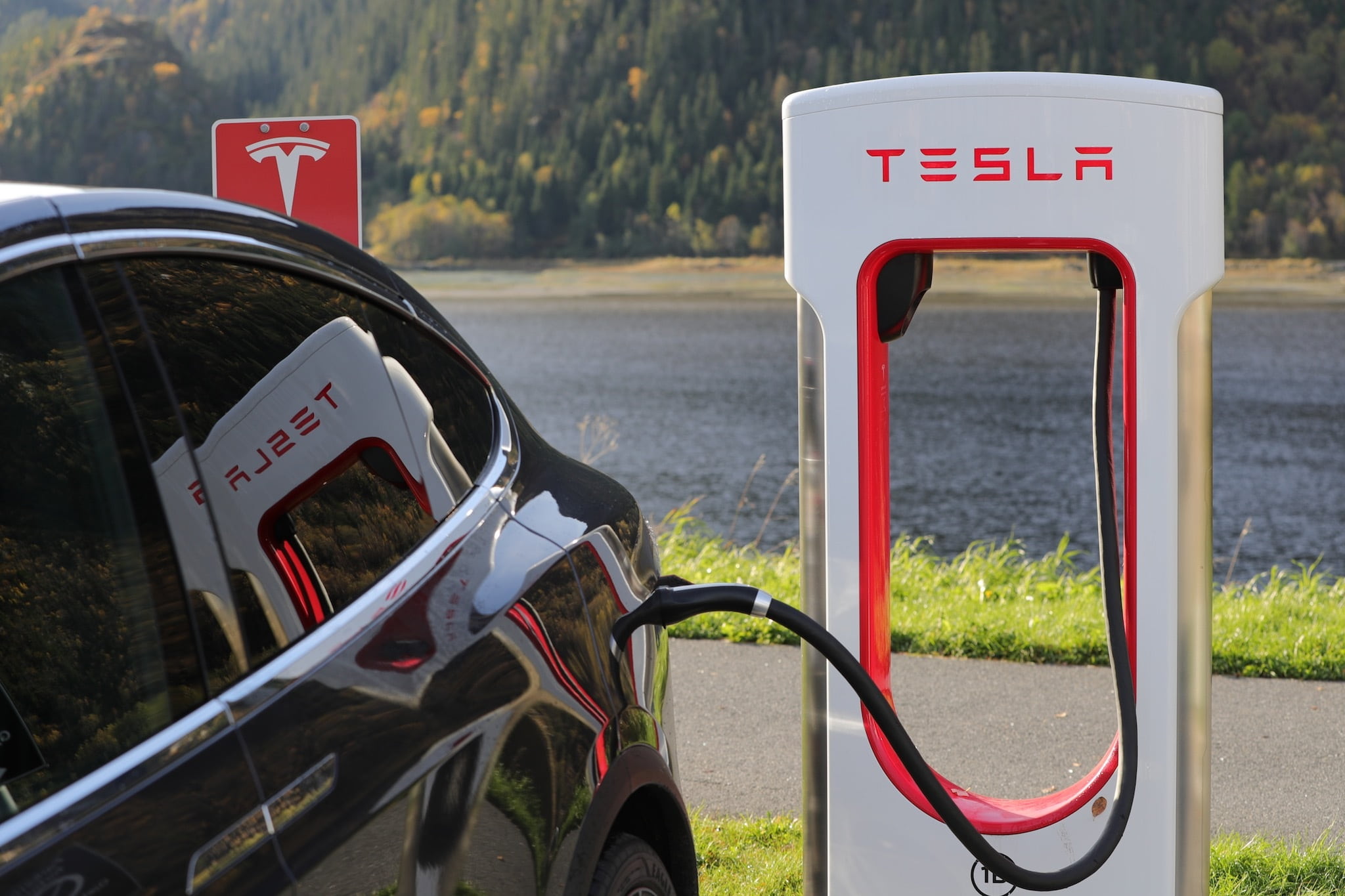
Electric vehicles (EVs) remain a rare sight on Nigerian roads, which are predominantly occupied by traditional petrol cars. With the ongoing rise in petrol prices, the need for electric vehicles in Nigeria has become increasingly urgent. The high cost of fuel negatively impacts productivity for commuters, commercial drivers, and Uber operators. Moreover, environmental concerns are mounting, particularly in major cities reliant on industrialization, which experience rising temperatures due to emissions. For example, travelers between Lagos and its neighboring states often notice that Lagos is significantly hotter, especially in areas lacking green spaces and surrounded by clustered industries.
Transitioning to electric vehicles could substantially ease the financial strain caused by petrol costs. A single charge of a Tesla Model S can cover approximately 400 km for just 10,000 naira—roughly the distance from Lagos to Ilorin. In contrast, a petrol vehicle would require at least 40,000 naira to travel the same distance, even if it is fuel-efficient.
Electric cars not only promise lower fuel expenses but also signify a leap in technological advancement, paving the way for new innovations. Currently, electric vehicles are primarily owned by artists, celebrities, and affluent individuals who can afford to import them and install home chargers, as Nigeria lacks public charging stations. While integrating electric vehicles into the Nigerian market may be challenging due to the country’s heavy reliance on oil and petroleum as economic drivers, both sectors can coexist and address the shortcomings of petrol.
In contrast to electric vehicles, the adoption of compressed natural gas (CNG) vehicles may be slower in Nigeria. Public fear surrounding CNG—exacerbated by videos and images of accidents circulating on social media—poses a significant barrier. While many view electric cars as safer during charging, it is essential to acknowledge that they also carry their own risks.
Inflationary pressures on petrol and gas engines are likely to persist due to ongoing power struggles among key players in the oil sector, such as Dangote Refinery and NNPC. Meanwhile, electricity prices remain relatively stable under the current management of PHCN.
Nigerian automakers like Nord Motion and Innoson Vehicles continue to focus on traditional petrol engines. However, with government support for electric vehicle initiatives still in its infancy, there is potential for these manufacturers to pivot towards producing electric vehicles. Although petrol and diesel currently dominate the market, interest in EVs is gradually growing despite challenges like insufficient infrastructure and an unreliable electricity supply.
Challenges and Opportunities Ahead
Despite these advancements, the Nigerian EV market faces several challenges that could hinder its growth. Key issues include inadequate charging infrastructure, limited financing options for consumers, and inconsistent electricity supply. However, these challenges also present opportunities for innovation and investment. As more startups enter the market and existing automakers expand their offerings, there is potential for collaborative efforts to develop necessary infrastructure and encourage consumer adoption of electric vehicles.
That said, it’s important to acknowledge the reality: Nigeria is still far from fully embracing electric vehicles. While there are significant environmental benefits to adopting electric cars, the country lacks adequate charging infrastructure and other essential components. A major hurdle is the mindset of the populace; many individuals tend to support projects or developments only if they perceive direct benefits or if they represent a luxury that is not widely accessible. Even in the United States, one of the primary reasons people purchase electric cars is because they are seen as the next big thing.
Electric cars are becoming more popular in the United States, but they still represent a small portion of the overall market. As of the second quarter of 2024, electric vehicles (EVs) made up about 6.8% of new vehicle sales in the country. This figure has been gradually rising, with EVs—including plug-in hybrids—accounting for approximately 8.5% of total vehicle sales.
When looking at the total number of vehicles on the road, electric cars still comprise a minor segment. By 2023, only around 9.3% of the approximately 286 million cars in the US were electric vehicles.

Adoption rates vary by state, with California leading the charge—about 26% of new vehicle sales there are electric. Washington, DC follows closely with around 19.6%.
The most popular electric vehicles in the US include the Tesla Model Y, Model 3, and Model X, while other brands like Rivian, Volkswagen, and Ford are also gaining traction in the market.
A significant factor contributing to the rise in EV sales is Elon Musk’s influence; without his efforts, electric vehicles might still be largely overlooked while traditional combustion engines dominate daily life.
Launching electric vehicle production in Nigeria is a long-term goal that may prove challenging for local automakers to establish on their own. Government support is essential, but it raises questions about how they can promote sustainable energy for EVs while facing ongoing conflicts in the oil sector. Addressing these issues one step at a time is crucial, with the primary challenge being the reliability of power supply. Consequently, compressed natural gas (CNG) emerges as a more immediate alternative.
Many people are aware of the CNG trend and the various discussions surrounding it. Some view it as the future of combustion engines and transportation, but how far away is that future?
The Initiative
The Presidential CNG Initiative (Pi-CNG) is part of President Bola Ahmed Tinubu’s administration’s efforts to alleviate the hardships caused by the recent removal of fuel subsidies in Nigeria.

As CNG gains popularity, this initiative aims to offer Nigerians a cheaper and cleaner fueling option. The policy includes incentives and training for mechanics on how to convert vehicles to CNG. However, the costs associated with conversion—estimated at around 1 million Naira—can be quite high due to the price of tools and materials. For example, a mechanic and YouTuber shared a story on Nairaland about driving from Lagos to Akure for just 2,450 Naira after converting his petrol engine to CNG. He discussed both the effectiveness of this conversion process and the challenges faced by potential converters and major investors in the automotive sector, including high importation costs and lengthy shipping times for necessary equipment. Nevertheless, I believe that finding a reliable source for importing these materials could help streamline and enhance the conversion process.
Advantages of CNG Vehicles for Nigerians
Compressed Natural Gas (CNG) vehicles represent a sustainable opportunity for Nigeria, a country rich in natural gas reserves yet facing economic and environmental challenges. Here are the main benefits that CNG vehicles can provide to Nigerians:
1. Economic Savings: Reduced Fuel Costs
CNG is much cheaper than petrol or diesel. Given the high cost of living in Nigeria, switching to CNG vehicles can lead to significant fuel savings for drivers. For example, transport companies could lower their operational costs, resulting in more affordable fares for passengers. Additionally, utilizing Nigeria’s abundant natural gas reserves could help stabilize fuel prices by decreasing reliance on imported refined petroleum products.
2. Environmental Advantages: Cleaner Energy for a Healthier Future
CNG burns cleaner than traditional fossil fuels, producing fewer greenhouse gases and air pollutants like carbon monoxide and nitrogen oxides. This cleaner combustion can help alleviate the severe air pollution issues in urban areas such as Lagos, improving public health and reducing illnesses associated with poor air quality. Transitioning to CNG vehicles supports global efforts to combat climate change and positions Nigeria as a leader in clean energy initiatives in Africa.
3. Job Creation: Boosting the Natural Gas Sector
Shifting towards CNG vehicles could stimulate growth within Nigeria’s natural gas industry. Increased demand for extraction, distribution, and vehicle conversion services would create job opportunities for skilled and semi-skilled workers. This growth can provide thousands of Nigerians with employment while enhancing local expertise in gas-related technologies.
4. Energy Security: Utilizing Local Resources
As one of Africa’s largest natural gas producers, Nigeria often flares or under use much of this resource. Promoting CNG vehicles can help reduce gas flaring and enhance energy security by utilizing domestic gas reserves. This shift also lessens dependence on imported fuels, protecting the economy from fluctuations in international markets.
5. Improved Public Transportation
The introduction of CNG-powered buses and taxis could revolutionize Nigeria’s public transport system. These vehicles would be more cost-effective to operate and environmentally friendly, contributing to a more sustainable transportation network. Cities would benefit from better air quality and reduced noise pollution, enhancing urban living conditions.
6. Long-term Economic Growth
Transitioning to CNG vehicles has a ripple effect on the economy. It promotes infrastructure development, lowers fuel import expenses, and attracts investments in gas-related industries. Over time, these advancements can lead to GDP growth and economic diversification, which is essential for Nigeria’s oil-dependent economy.
Conclusion: A Sustainable Transportation Future
The journey towards sustainable transportation in Nigeria requires a balanced approach, leveraging the strengths of both electric and CNG vehicles. While EVs represent the future of mobility, CNG offers a more immediate solution to Nigeria’s transportation and energy challenges.
Adopting these alternatives not only addresses economic and environmental concerns but also positions Nigeria as a leader in sustainable energy within Africa. By prioritizing infrastructure, policy support, and public education, the country can pave the way for a cleaner, more efficient transportation system that benefits all Nigerians.
So… Long term Electric vehicles or short term CNG relief?… Nigerians, choose your poison.